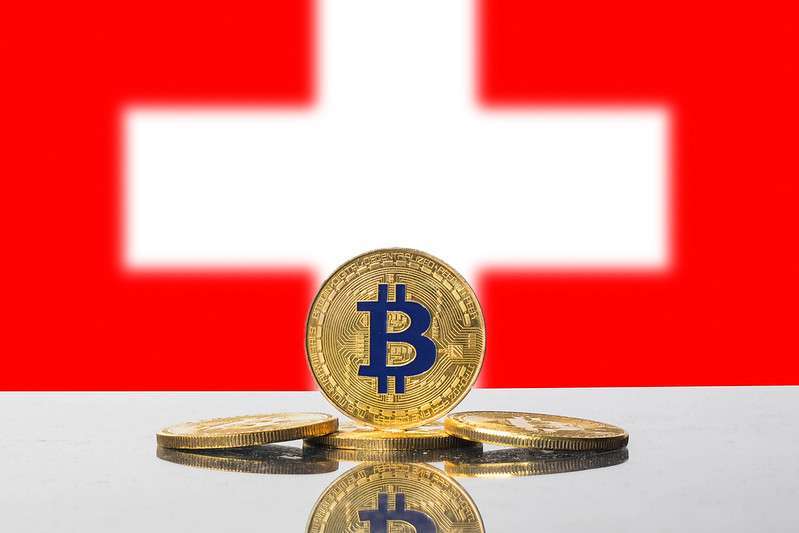- Dubai, Switzerland, and South Korea emerged as the top three crypto business-friendly countries in a recent survey by a popular crypto publication.
Dubai and Switzerland have been the global hotspots for cryptocurrency investments. Besides their strategic locations, they possess a robust regulatory infrastructure favoring startups and small businesses to more established institutions.
It’s for these reasons that they have become the go-to for businesses delving into digital assets, including cryptocurrencies and real-world asset (RWA) tokenization. They are no longer strangers to receiving distinctions from award-giving bodies because of these factors.
Recently joining them in Social Capital Markets’ top three rankings in the “World’s Most Crypto Friendly Countries in 2024” was South Korea.
World’s Most Crypto-Friendly Countries
Social Capital Markets recently weighed several locations around the world to rank how accommodating they are to crypto-related institutions. The leading online resource for comprehensive information on cryptocurrency and blockchain technology ranked them based on their impact to the digital asset sector based on the following metrics:
- Clarity of law
- Capital gain tax
- Corporate tax
- Number of registered crypto companies
- Adoption
From there, Dubai, Switzerland, and South Korea emerged as the top destinations for crypto firms. They even surpassed the likes of Singapore, the US, Italy, Russia, Germany, France, Australia, and other economic superpowers.
Dubai

Dubai scored the highest among the assessed locations, with 79 points out of 100. It’s unclear why it was included in the list because it is only a city and emirate in the United Arab Emirates (UAE). Nevertheless, the state within the G20 country has been very progressive in its crypto regulatory infrastructure thanks to the strong support of the Dubai Multi Commodities Centre (DMCC), Virtual Asset Regulatory Authority (VARA), and Dubai Financial Services Authority (DFSA).
The Middle Eastern state also achieved the highest weight in terms of regulatory clarity. This was reinforced by its lack of capital gains tax and only 9% corporate tax for earnings above 375,000 AED.
For these reasons, it has since grown its registered crypto companies to over 550 this year.
Switzerland

Switzerland is neither a G20 nor a European Union (EU) member. However, it has consistently stood out from other major European economies due to its willingness to recognize and embrace innovations.
Since 2013, the canton of Zug has positioned itself as a Crypto Valley. However, the “Crypto Valley” moniker only came about in 2014, and cryptocurrencies didn’t enjoy the same popularity as they have now.
Through the Swiss Financial Market Supervisory Authority (FINMA), Switzerland has continued to advance its rules over the years to provide regulatory clarity and support for crypto businesses. Hence, it has solidified its place, specifically Zug, as a global crypto hub.
The country earned a 74.5 score in Social Capital Markets’ latest evaluation. It’s worth mentioning that the nation also established reasonable taxation for businesses, with a capital gains tax of 7.8% and corporate tax ranging from 12% to 21%.
With these, it has already registered more than 900 crypto companies within its jurisdiction.
South Korea

Interestingly, South Korea has overtaken its Asian neighbor Singapore in the list with a score of 73.5 points. The G20 member still has to fine-tune its regulations, but it has already successfully registered over 376 crypto companies through the Korea Financial Intelligence Unit (KFIU), a division of the Financial Services Commission (FSC).
What makes it very enticing right now is the postponement of its capital gains and corporate taxes for crypto-related businesses until 2025.
